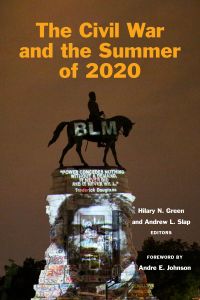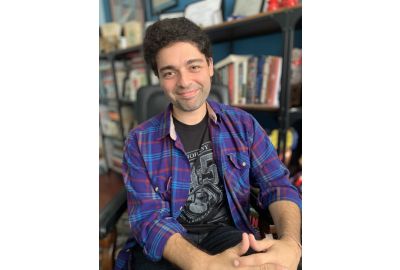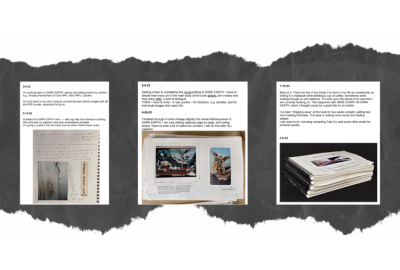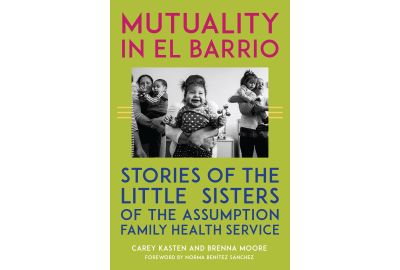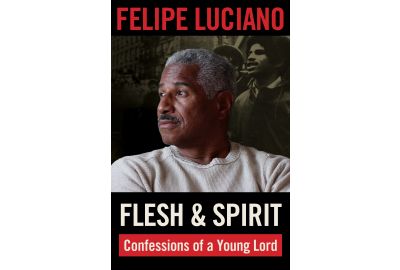New & Forthcoming
-
 Blur
BlurMartine Beugnet
-
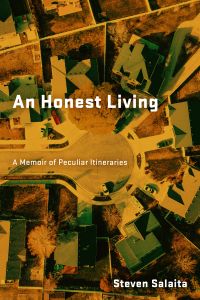 An Honest Living
An Honest LivingSteven Salaita
-
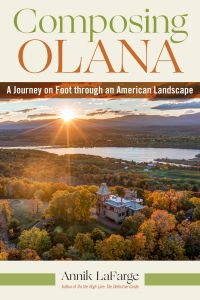 Composing Olana
Composing OlanaAnnik LaFarge
-
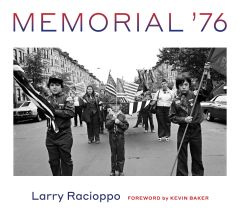 Memorial '76
Memorial '76Larry Racioppo
-
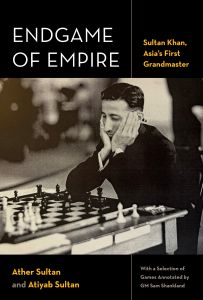 Endgame of Empire
Endgame of EmpireAther Sultan|At...
-
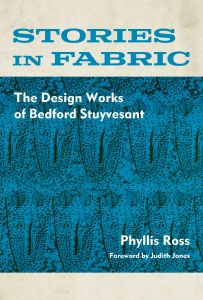 Stories in Fabric
Stories in FabricPhyllis Ross
-
 New York's Family Grocer
New York's Family GrocerPaul Schmitz
-
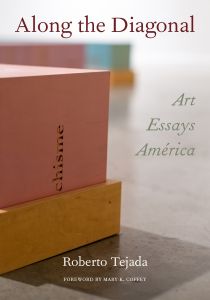 Along the Diagonal
Along the DiagonalRoberto Tejada
-
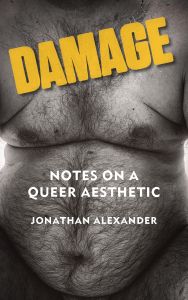 Damage
DamageJonathan Alexan...
-
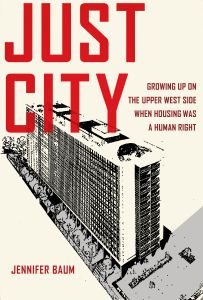 Just City
Just CityJennifer Baum
-
 Colorful Palate
Colorful PalateRaj Tawney
-
 Join the Conspiracy
Join the ConspiracyJonathan Butler
-
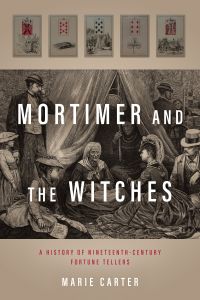 Mortimer and the Witches
Mortimer and the WitchesMarie Carter
-
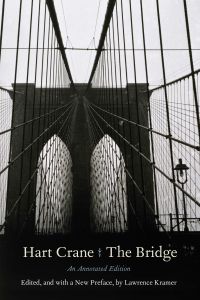 The Bridge
The BridgeHart Crane
-
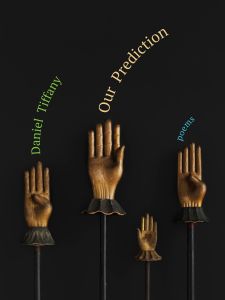 Our Prediction
Our PredictionDaniel Tiffany
Celebrate Black History Month
-
 Stories in Fabric
Stories in FabricPhyllis Ross
-
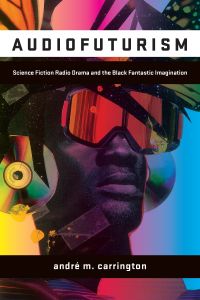 Audiofuturism
Audiofuturismandré carringt...
-
 Hamilton Heights and Sugar Hill
Hamilton Heights and Sugar HillDavida Siwisa J...
-
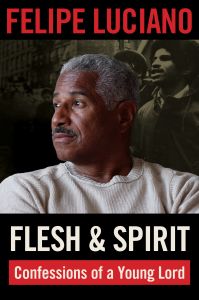 Flesh and Spirit
Flesh and SpiritFelipe Luciano
-
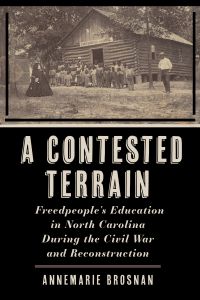 A Contested Terrain
A Contested TerrainAnneMarie Brosn...
-
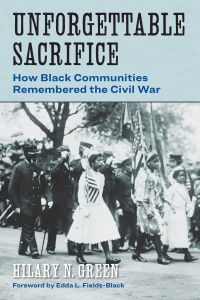 Unforgettable Sacrifice
Unforgettable SacrificeHilary N. Green
-
 Too Black to Be French
Too Black to Be FrenchIsabelle Boni-C...
-
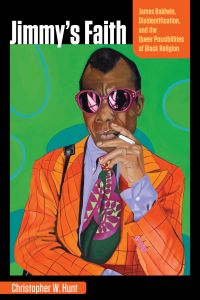 Jimmy's Faith
Jimmy's FaithChristopher Hun...
-
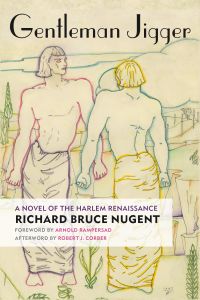 Gentleman Jigger
Gentleman JiggerRichard Bruce N...
-
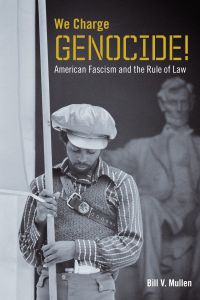 We Charge Genocide!
We Charge Genocide!Bill V. Mullen
-
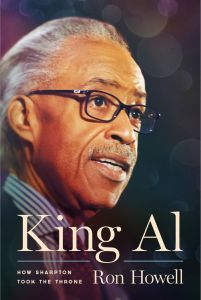 King Al
King AlRon Howell
-
 Abolitionist Twilights
Abolitionist TwilightsRaymond James K...
-
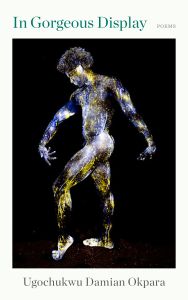 In Gorgeous Display
In Gorgeous DisplayUgochukwu Damia...
-
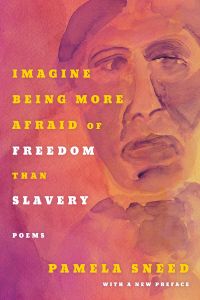 Imagine Being More Afraid of Freedom than Slavery
Imagine Being More Afraid of Freedom than SlaveryPamela Sneed
Featured posts
Award Winners
-
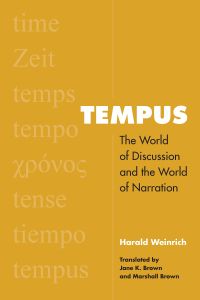 Tempus
TempusHarald Weinrich
-
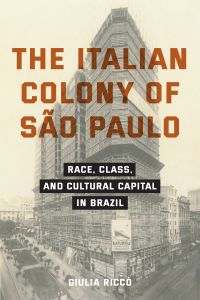 The Italian Colony of São Paulo
The Italian Colony of São PauloGiulia Riccò
-
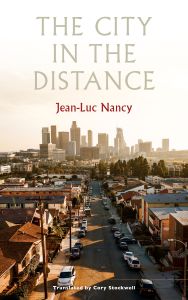 The City in the Distance
The City in the DistanceJean-Luc Nancy
-
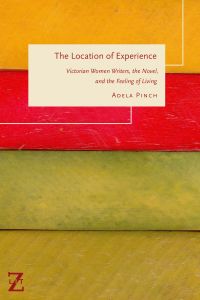 The Location of Experience
The Location of ExperienceAdela Pinch
-
 Young Reds in the Big Apple
Young Reds in the Big AppleJack Hodgson
-
 Embracing Emancipation
Embracing EmancipationIan Delahanty
-
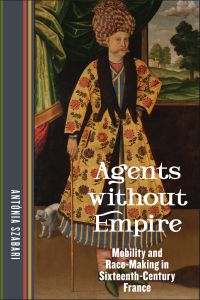 Agents without Empire
Agents without EmpireAntónia Szabar...
-
 Hamilton Heights and Sugar Hill
Hamilton Heights and Sugar HillDavida Siwisa J...
-
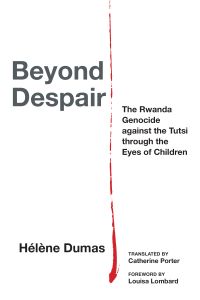 Beyond Despair
Beyond DespairHélène Dumas
-
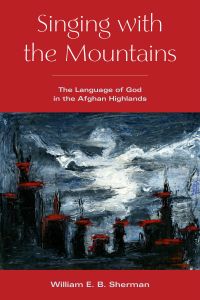 Singing with the Mountains
Singing with the MountainsWilliam Sherman
-
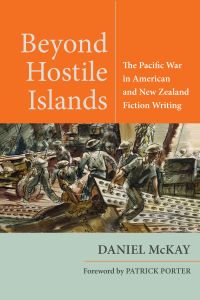 Beyond Hostile Islands
Beyond Hostile IslandsDaniel McKay
-
 Incarnating Grace
Incarnating GraceJulia Feder
-
 The Niqab in France
The Niqab in FranceAgnès De Féo
-
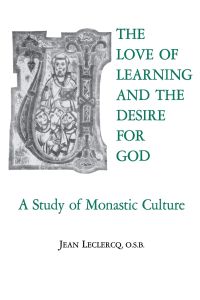 The Love of Learning and The Desire for God
The Love of Learning and The Desire for GodJean Leclercq O...
-
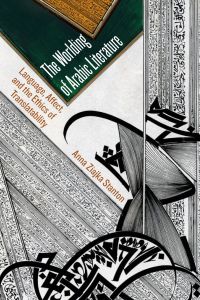 The Worlding of Arabic Literature
The Worlding of Arabic LiteratureAnna Ziajka Sta...
-
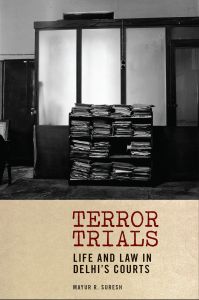 Terror Trials
Terror TrialsMayur R. Suresh
-
 Moroccan Other-Archives
Moroccan Other-ArchivesBrahim El Guabl...
-
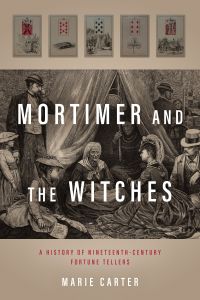 Mortimer and the Witches
Mortimer and the WitchesMarie Carter
-
 Colorful Palate
Colorful PalateRaj Tawney
-
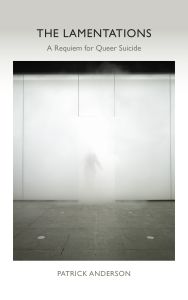 The Lamentations
The LamentationsPatrick Anderso...
NEW AUTHOR VIDEOS
NEWEST POSTS
- Fordham University Press to publish Raj Tawney’s New Essay Collection in 2027
January 14, 2026Read more - Joyce Studies Annual 2025 & Call for Papers 2027
January 12, 2026Read more
PLAYLISTS
-
Carbonate of Copper
Expand
Guides to this sonic landscape of the Rio Grande Valley include: Fernando A. Flores; Jonathan Leal; Ronnie Garza and Charlie Vela (As I Walk Through the Valley, 2017); Primo Carrasco, and more.
Listen to the playlist here -
Raj Tawney’s playlist for his memoir "Colorful Palate"
Expand
"This is my soundtrack, a concoction like the meals that graced my family’s table."Raj Tawney shares a playlist for his memoir Colorful Palate at Largehearted Boy
-
Songs from Our Laundry, Our Town—A Memoir by Alvin Eng
Expand
Our Laundry, Our Town is a memoir that decodes and processes the fractured urban oracle bones of Alvin Eng’s upbringing in Flushing, Queens, in the 1970s.
Listen to the playlist here -
Why the Assembly Disbanded
Expand
Roberto Tejada's Why the Assembly Disbanded (Fordham University Press, 2022) unites poetry, photography, and politics between the U.S. and Latin America along actual and surreal border zones; world building by way of reverie, speculation, and retro-futurist tableaux.
Listen to the playlist here
PODCASTS
-
Larry Racioppo on What's What with WFUV
Expand
Larry Racioppo, a longtime NYC photographer, has published a new book about oft-overlooked memorials around the boroughs. Avery Loftis and Adithi Vimalanathan report. Listen here.
-
Raj Tawney on The Culture Show Podcast
Expand
Writer Raj Tawney’s work largely reflects his multiracial American upbringing. Born to an Indian, Puerto Rican, and Italian American family, Tawney has explored his identity and family history through personal essays, a memoir and now he’s applying the edict “write what you know” to his forthcoming young adult novel, “All Mixed up.” It’s a coming-of-age story that follows a friendship forged between Kamal, a multi-ethnic American and Jaz, a Pakistani immigrant in the aftermath of 9/11. Listen here
-
Bill Mullen on Law and Disorder Radio
Expand
National chauvinism and racism are essential features of fascism. The practice of white racism in the United States during the Jim Crow era was something that Hitler’s party in Germany studied and emulated. This kind of anti-black racism went on in the United States from shortly after the Civil War up until the 1960s. It has never really gone away as the mass mobilizations of the Black Lives Matter movement has recently demonstrated. This Black resistance, this fight back, will be a central aspect of anti-fascist activity in the future. Listen here.
-
New Books Network | Global Queens
Expand
Joseph Heathcott discusses his latest book, Global Queens: An Urban Mosaic (Fordham University Press, 2023), an engaging hybrid of text and visual that features a trove of his personal photography of urban spaces throughout NYC's most diverse borough. Including: airports, overgrown yards, possibly the last living speakers of indigenous languages, the Queens Public Library, racial covenants and civil resistance in early real estate development, and much more that, like the borough itself, is centerless, mundane, surprising, vibrant, challenging, and beautifully contradictory.
Listen here






